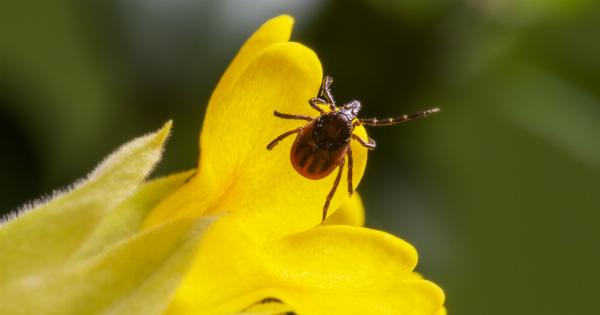Zika virus, primarily transmitted by infected mosquitoes, is a significant concern for travelers visiting areas where the virus is prevalent.
While it is crucial to enjoy your trip to the fullest, it is even more crucial to take necessary precautions to protect yourself from the Zika virus. Here, we provide you with a comprehensive set of guidelines from HELP (Health Education and Learning Program) to ensure a safe and memorable journey.
1. Stay Informed
Before embarking on your adventure, it is important to stay updated about the current Zika situation in your intended destination.
Keep track of the latest travel advisories issued by reputable health organizations such as the World Health Organization (WHO) and the Centers for Disease Control and Prevention (CDC). These organizations provide crucial information and guidelines that can help you plan accordingly.
2. Pack Protective Clothing
One of the simple yet effective precautionary measures is to pack protective clothing in your travel gear. Opt for long-sleeved shirts, long pants, and socks that cover your entire body.
This protective clothing acts as a physical barrier that reduces mosquito bites, decreasing the risk of contracting the Zika virus.
3. Use Insect Repellents
Apply EPA-approved insect repellents on exposed skin to keep mosquitoes at bay. The preferred active ingredients in these repellents are DEET, picaridin, IR3535, and oil of lemon eucalyptus.
Follow the instructions on the product label for application frequency and method to ensure maximum effectiveness.
4. Sleep Under Mosquito Nets
If you are staying in accommodations that are not adequately protected from insects, make sure to sleep under a mosquito net. This simple yet effective barrier can prevent mosquitoes from reaching you while you rest peacefully.
5. Use Air Conditioning
Since mosquitoes are less likely to thrive in cooler environments, use air conditioning when available. If you do not have access to air conditioning, consider using window and door screens to prevent mosquitoes from entering enclosed spaces.
6. Eliminate Breeding Sites
Be proactive in eliminating potential breeding sites for mosquitoes around your accommodation. Mosquitoes often breed in stagnant water.
Ensure there are no water sources such as buckets, flower pots, or other containers that can collect standing water, as these can become breeding grounds for mosquitoes.
7. Adopt Resilient Travel Habits
When traveling in Zika-prone areas, it is important to adopt resilient travel habits. Avoid outdoor activities during peak mosquito feeding hours, which are typically during dawn and dusk.
If possible, choose accommodations with screened windows and doors. Always carry insect repellents, and reapply as directed to ensure continuous protection.
8. Practice Safe Sexual Behavior
Zika virus can also be transmitted sexually, so adopting safe sexual behavior is essential. If you or your partner are traveling to or from a Zika-prone area, ensure you use barrier methods such as condoms during all sexual encounters.
It is particularly crucial for pregnant women or couples planning to conceive.
9. Seek Medical Advice
Before traveling to a Zika-prone area, consult with a healthcare professional who specializes in travel medicine. They can provide you with personalized advice based on your health condition, itinerary, and potential risks.
Additionally, they can guide you on vaccinations and any necessary medications you may require during your trip.
10. Stay Vigilant
While traveling, stay vigilant about any symptoms or signs that may indicate Zika virus infection. The most common symptoms include fever, rash, joint pain, and conjunctivitis (red eyes).
If you experience any of these symptoms, seek medical attention immediately and inform the healthcare provider about your recent travel history.
Conclusion
Traveling to Zika-prone areas requires diligent preparation and adherence to guidelines to minimize the risk of Zika virus infection.
By staying informed, packing protective clothing, using insect repellents, sleeping under mosquito nets, utilizing air conditioning, eliminating breeding sites, adopting resilient travel habits, practicing safe sexual behavior, seeking medical advice, and staying vigilant, you can enhance your safety and enjoyment while exploring these beautiful destinations. Remember, prevention is key when it comes to staying safe from Zika virus.





























